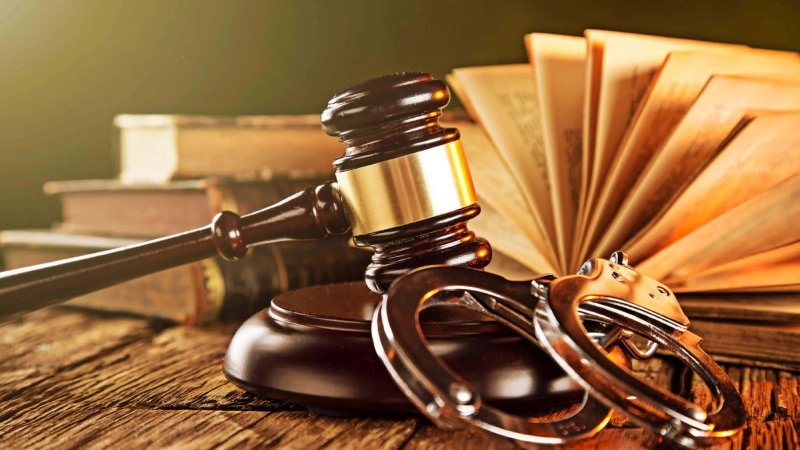A competent legal representative can mean the difference between a verdict of innocence or guilt, a fair plea bargain, or an unjust sentence. In the intricate realm of criminal law, defendants must be informed of their legal options and rights to navigate the system effectively. Continue reading our guide to learn more about what to consider when selecting a defense attorney and how they can influence the outcome of your case.
The Role of a Criminal Defense Attorney in the Justice System
The criminal justice system is a complex entity that requires expertise and knowledge to navigate successfully. A criminal defense attorney acts as the client’s advocate to make sure their rights are protected throughout the legal process. These legal professionals are responsible for constructing a solid defense, negotiating with prosecutors, and representing the client in court with the ultimate goal of achieving the most favorable outcome possible.
A criminal defense attorney’s tasks extend beyond the courtroom. They are also investigators, gathering evidence, interviewing witnesses, and researching case law to build a robust defense strategy. Their insight into the workings of the justice system and procedural rules can be indispensable, particularly when it comes to identifying weaknesses in the prosecution’s case.
Assessing the Qualifications: What To Look for in a Defense Attorney
When searching for a criminal defense lawyer, it’s important to evaluate their qualifications meticulously. Look for a licensed attorney with specialized training in criminal law, and check to see if they’re equipped with the knowledge required to handle your specific legal issues. Also, confirm they have experience working in the jurisdiction where your case is being prosecuted to take advantage of their familiarity with local courts and legal norms.
Qualifications should also stretch to the lawyer’s reputation within the legal community, which can be a testament to their integrity and commitment to their clients. Reviews and testimonials from former clients can offer insight into their professionalism and effectiveness in handling cases similar to yours. Additionally, consider their communication skills and willingness to explain legal options and strategies.
Experience Matters: How a Seasoned Attorney Can Influence Your Case
Experienced attorneys bring a wealth of knowledge from prior cases that can be leveraged to anticipate possible complications and adapt strategies accordingly. They’ve seen a variety of case scenarios and outcomes, which can be insightful when crafting your defense or advising you on legal decisions.
An experienced lawyer is also more likely to have established relationships with prosecutors and judges, which can be beneficial in the art of negotiation and advocacy within the courtroom. These relationships can make the process more efficient. Plus, they allow for a smoother interaction with the legal system, which can sometimes affect scheduling or expedite proceedings.
The Attorney-Client Relationship: Communication and Trust as Key Components
The lawyer-client relationship is built on communication and trust, both of which are essential for a strong defense. Clients should feel comfortable sharing all relevant information with their lawyer, as withheld information can lead to unforeseen complications in a case. Attorneys must maintain confidentiality and use the information provided to advance the client’s best interests.
Earning trust starts from the first consultation, where a defense lawyer must demonstrate empathy, attentiveness, and professionalism. Clients are more inclined to disclose crucial details when they believe their lawyer genuinely cares about their situation and is committed to their defense. These interactions lay the groundwork for an effective working relationship.
Clear and consistent communication from a defense attorney can alleviate some of the confusion and stress that comes with criminal proceedings. Being accessible to answer questions, explain procedural steps, or provide updates on the case progress is indicative of an attorney committed to their client’s cause.
Overall, the expertise and dedication of a criminal defense attorney are vital elements that can shift the scales of justice in your favor. From their negotiation and investigation skills to their ability to foster trust and communicate effectively, the right lawyer can greatly influence the legal process and its outcome. If you or a loved one is in need of legal counsel, consider the factors mentioned above and visit TheDefenders.net for more information on finding a qualified defense attorney.
